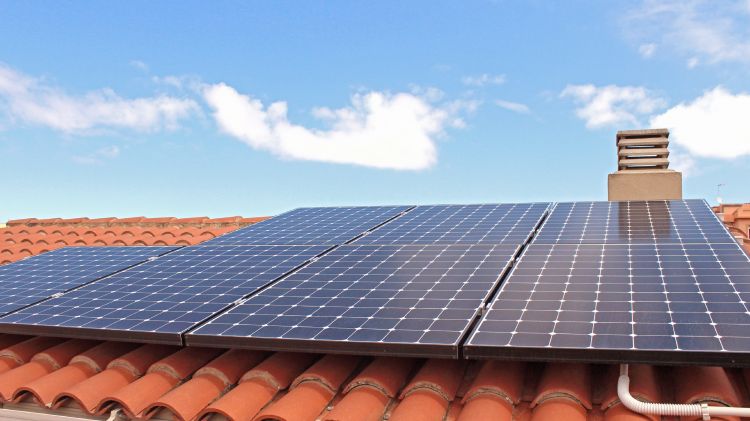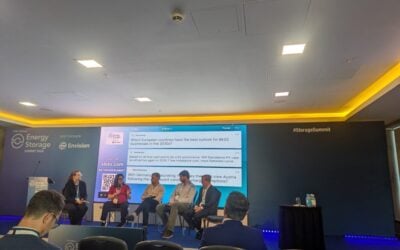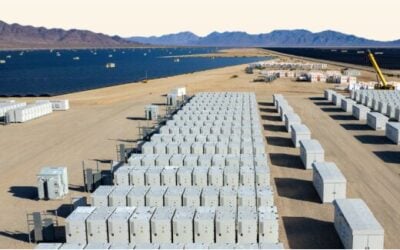
Clean energy firm Holaluz has completed Spain’s first shared self-consumption solar PV and battery storage facility on a house near Barcelona.
Back on 2 June, after an appeal by Catalonia, Spain’s Constitutional Court declared partially void Royal Decree 900/2015 which prohibited the sharing of energy production facilities between several users in Spain. Spanish autonomous regions now have the choice to enact legislation to regulate shared self-consumption. This would allow both for self-consumption of solar and for several neighbours to share and receive energy from one rooftop solar system.
Holaluz decided to go ahead with the project, assuming that Catalonia will go ahead with enacting the legislation.
The newly-installed 3kW solar project includes a 6kWh lithium-based battery from LG Chem, Ferran Nogué, co-founder, New Ventures, at Holaluz, told our sister site PV Tech. The system can also produce 4.5MWh of electricity per year.
Try Premium for just $1
- Full premium access for the first month at only $1
- Converts to an annual rate after 30 days unless cancelled
- Cancel anytime during the trial period
Premium Benefits
- Expert industry analysis and interviews
- Digital access to PV Tech Power journal
- Exclusive event discounts
Or get the full Premium subscription right away
Or continue reading this article for free
Nogué said: “We just did this installation where there are two different customers that are getting electricity from the same installation in Rubi, a 20 minute drive from Barcelona.”
Headlines over ‘Sun Tax’ and self-consumption rules could be holding consumers back
Holaluz’ Nogué also said that systems under 10kW capacity have never been under threat from the so-called ‘Sun Tax’ which threatened to tax customers for self-consumption of their own solar energy, although to date no one has ever been taxed for self-consumption. When originally proposed in 2015, the seemingly punitive tax ruling on solar self-consumption appeared to put PV system owners in line for fines similar to those levied on leakers of radioactive waste. Nearly 200,000 people signed petitions against the tax in just one week in the summer of 2015.
Nogué added that Spain’s main three energy companies have been against self-consumption and have used newspapers to promote information about the Sun Tax threat in recent years. As a result, consumers have not realised that it is still possible to have their own solar installations, nor have they been informed that it is still possible to receive a return on their system.
The new installation at Rubi has support from the Town Hall, and even though Holaluz is based in Catalonia, it intends to install similar systems across Spain. However, Holaluz considers that the real challenge will be to install such systems for multiple consumers rather than just two sharing customers.
Nogué said that the new ability to share systems opens up a whole new market, particularly in areas such as Barcelona where many people live in tall blocks of houses sharing just one roof. It is expected that most customers will also require a battery and Holaluz is currently working with LG Chem, Tesla and sonnen right now to get an understanding of how each of their systems works.
He said there are now 29 million possible customers in Spain across households and SMEs.





